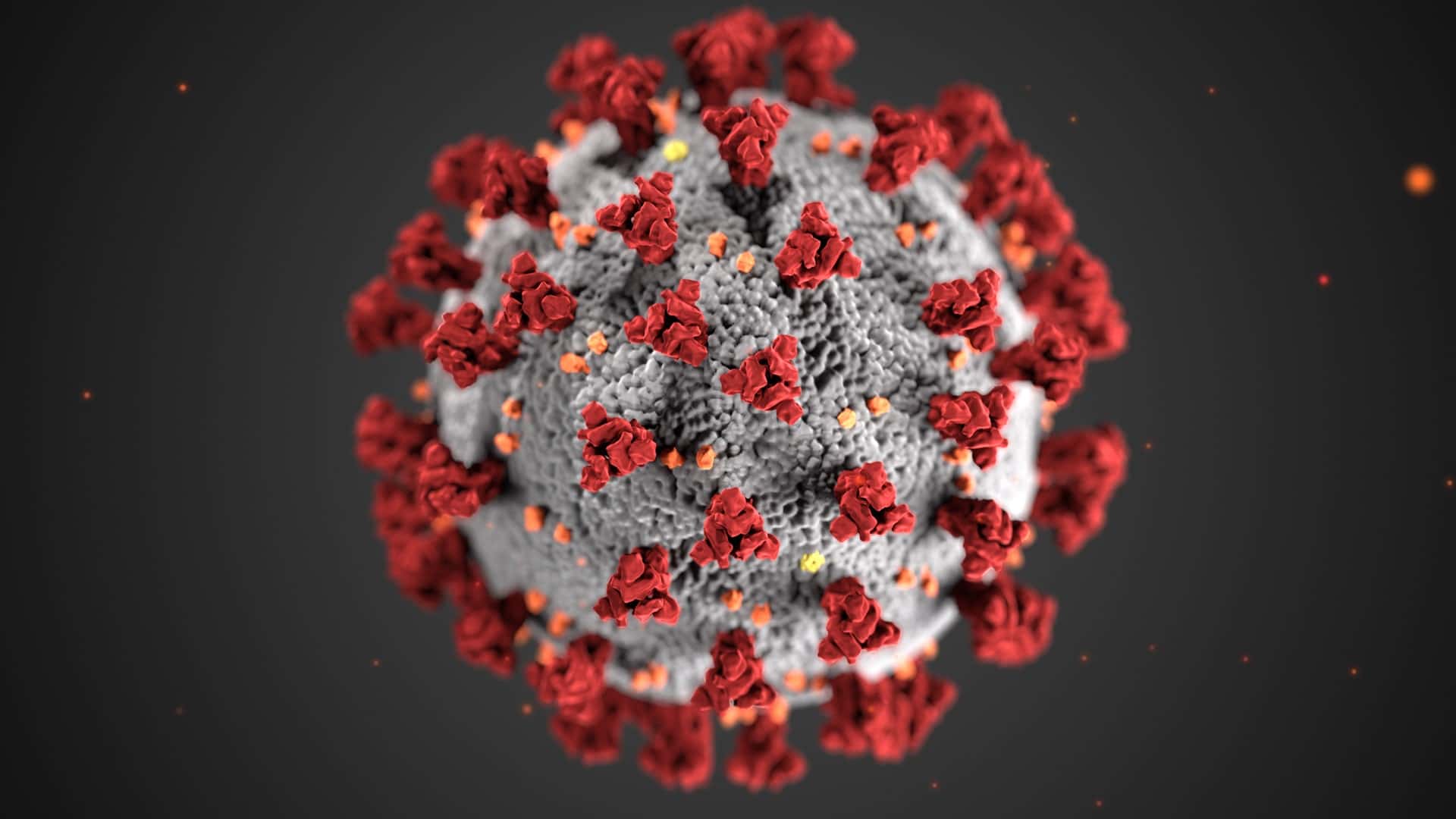Effect of neutralizing antibodies on Omicron
The SARS-CoV-2 Omicron (B.1.1.529) variant, first identified in South Africa, rapidly outmaneuvered previous COVID-19 variants in many countries late last year. Early reports suggested that the new variant, containing a highly mutated spike protein, was more likely to evade neutralizing antibodies, previously obtained from natural infections or vaccination.
As part of the SciLifeLab/KAW Pandemic Laboratory Preparedness program, funded by the Knut and Alice Wallenberg Foundation, KI researcher Ben Murrell decided to quickly investigate just how good Omicron was at evading our immune response by using an antibody neutralization assay.
Since time was of the essence and Ben had to wait for synthesized gene constructs of the new Omicron spike protein, he reached out to a colleague, Jan Albert (Karolinska Institutet), who was already sequencing SARS-CoV-2 variants in Sweden.
Thanks to the collaboration, Ben’s lab acquired an anonymized sample from a suspected Omicron infection, from which they managed to clone the part of the spike gene that contains the Omicron specific mutations into the spike backbone that they use for their neutralization assay.
“Our SciLifeLab/KAW Pandemic Laboratory Preparedness project was focused on amplification and sequencing of long fragments of the spike gene. So, when the need arose, it was a fortunate coincidence that we had protocols already in place to rapidly amplify the Omicron spike gene, which was critical for getting this working so quickly”, explains Ben.
When the researchers compared their results with South African data, obtained from live Omicron isolates, it turned out that the data from South Africa showed a much more substantial loss of antibody neutralization than the Swedish data. The Swedish data also showed much more variability, with some Swedish samples neutralizing Omicron almost as potently as the original SARS-CoV-2 variant, while others had lost most of their neutralization against the Omicron variant.
“At first, this disparity was extremely nerve wracking. It was an important question to answer quickly, but absolutely critical that the answer was correct”, says Ben Murrell, in a news article from Karolinska Institutet.
The group double checked their data and decided to go ahead with the publication, in early December last year, only 13 days after the Omicron variant was first reported to the WHO. Soon, similar results started to emerge from different labs across the world and it became clear that the ability to cross-neutralize Omicron seemed to depend strongly on how many times the immune system had been exposed earlier, either via infection or via vaccination. The results from Ben Murrell’s team have now been peer-reviewed and recently published in the prestigious journal The Lancet Infectious Diseases.
The Swedish samples came from previously infected and vaccinated hospital workers which explains why they had such a high ability to neutralize the Omicron variant.
Interestingly enough, samples from previously infected individuals, who had not been vaccinated, displayed a complete loss of neutralization, showing that one cannot solely rely on natural infection to produce antibodies effective against heavily mutated variants, such as the Omicron variant.
“The cross-neutralization that we saw in people who had been infected and then vaccinated was subsequently confirmed, by other labs, to also occur in people who received a 3rd booster vaccine dose”, says Ben Murrell.





